What does it take to be among the best high school athletes in the country? Nobody can achieve this feat without giving their sport everything they have. The path to becoming a dominant right-handed pitcher or running a sub-five-minute mile is longer and less certain than the one to earning a high SAT score. The most elite student-athletes have sweat, cried and bled for their sport. For these students, it’s no longer just a game — it’s their life.
Being admitted to a top school on athletic merit should be both allowed and respected, provided athletes have a fair academic record to go with it. Whitman has produced several commits to prestigious institutions in past years, some of which have been met with backlash. The truth is that playing a sport is not a cheat code to get into college. Student-athletes are some of the strongest candidates for success, and they’ve already proved that they have the propensity for it. Nobody signs up for recreational soccer at ten years old and becomes a Division 1 caliber striker at sixteen by just enjoying the game. It’s a path of true resistance, similar to earning success in school, business or any equivalent.
Ivy League schools aren’t recruiting kids who are worthless without a baseball bat in their hands — the athletes they’re picking up are above average in the classroom and they invariably have qualities like persistence, grit, confidence and coachability that few people can claim in their adult lives, much less as teenagers. In 2021 at Columbia University, the average athlete had a 3.68 GPA, and 14 athletes were named Easton/NFCA All-America Scholar-Athletes.
To boast numbers like this, academics must remain a priority in the application process at top institutions, and athletes don’t receive an exemption.
“One of the first things college coaches ask for are your grades and test scores,” said class of ‘23 alumni Mitchell Hwang, who committed to Tufts University for baseball in his junior year.
If anything, the athlete recruitment process is just another tool top schools use to pick the most prepared students from the crowd.
Reputable institutions like Harvard exist “to advance new ideas and promote enduring knowledge,” which boils down to a desire to affect positive change. That, of course, requires success, which student-athletes are built for. Student-athletes don’t just graduate at rates higher than normal students — they graduate at record-setting rates, according to the NCAA. The focus and commitment athletes showcase on the field are also reflected in the classroom.
Many opponents of high-academic athletic recruitment mistakenly believe that being good at a sport voids the requirement for strong academics, but the best schools are recruiting kids who belong; they have all the qualities that success necessitates, along with above-average grades, test scores and class rigor. Before potential Ivy League athletes receive an offer, scouts look over their transcripts, assess the athlete’s performance in the classroom and determine whether they plan to continue taking challenging courses for the remainder of high school.
Although being recruited to a top school for athletics is easier for the wealthy, banning athletic recruitment to top schools will not remedy inequalities in the sphere of education. Academics happen to be just as money-loving as athletics, if not more; the students who can afford to play baseball and lacrosse live in the same neighborhoods as the students who can pay for tutors, attend the most rigorous high schools and participate in impressive extracurriculars.
While incoming college classes are becoming increasingly diverse in wealth, there is still undeniably an advantage for wealthy and privileged students. Schools can’t be certain that they’re admitting students who are strong in character or destined for success. The admissions process does the best it can, hunting for things like probable academic success, value to the school’s community and potential to achieve something worthwhile.
Contrary to what many frustrated parents might believe, the wide receiver Yale chose over their son is smart too — he didn’t get an A in his AP classes because his coach fell to his knees and begged. Working hard to refine themselves from the day they first picked up a field hockey stick or baseball bat to the day they signed their Letter of Intent, collegiate-level student-athletes develop more than just ability. Refusing to respect what these students have given their lives to would be an absolute failure of the admissions system.



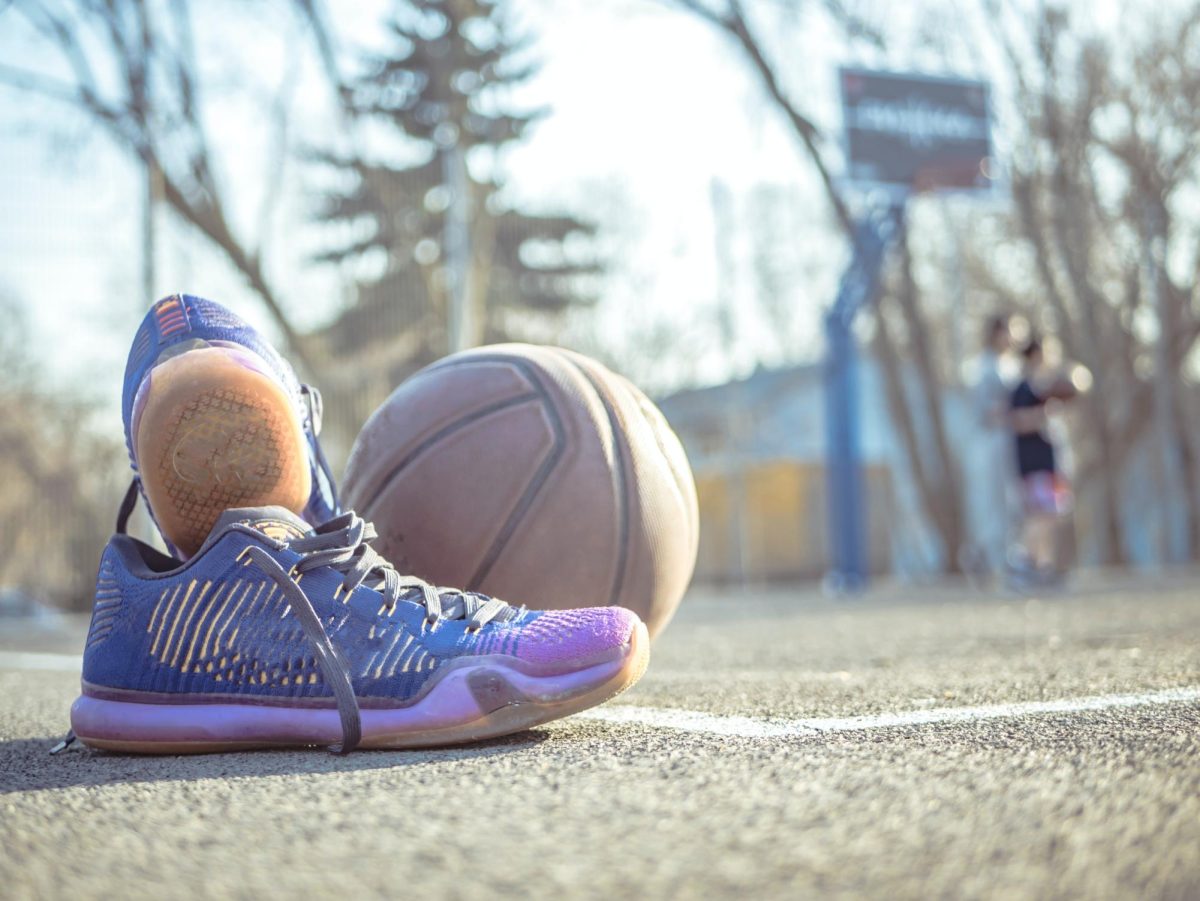
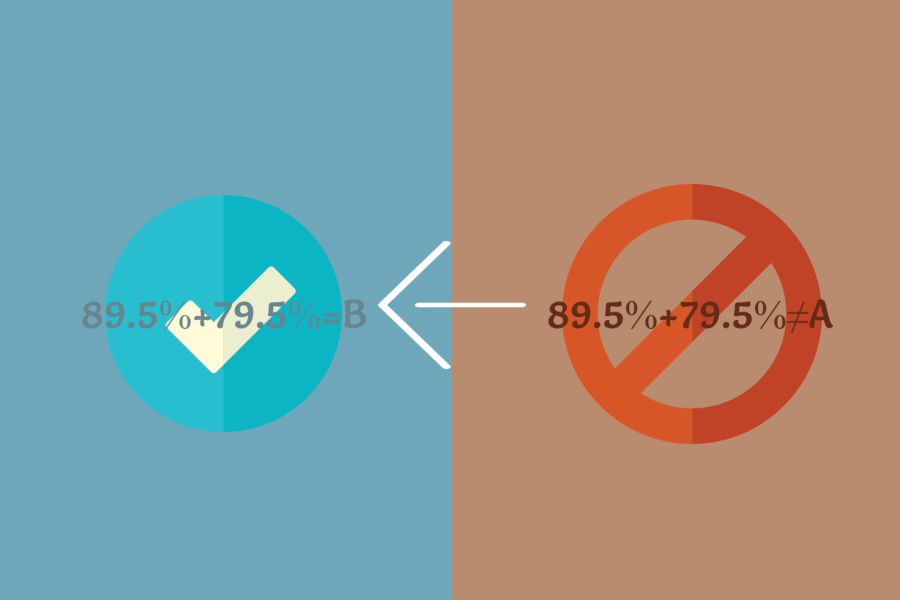
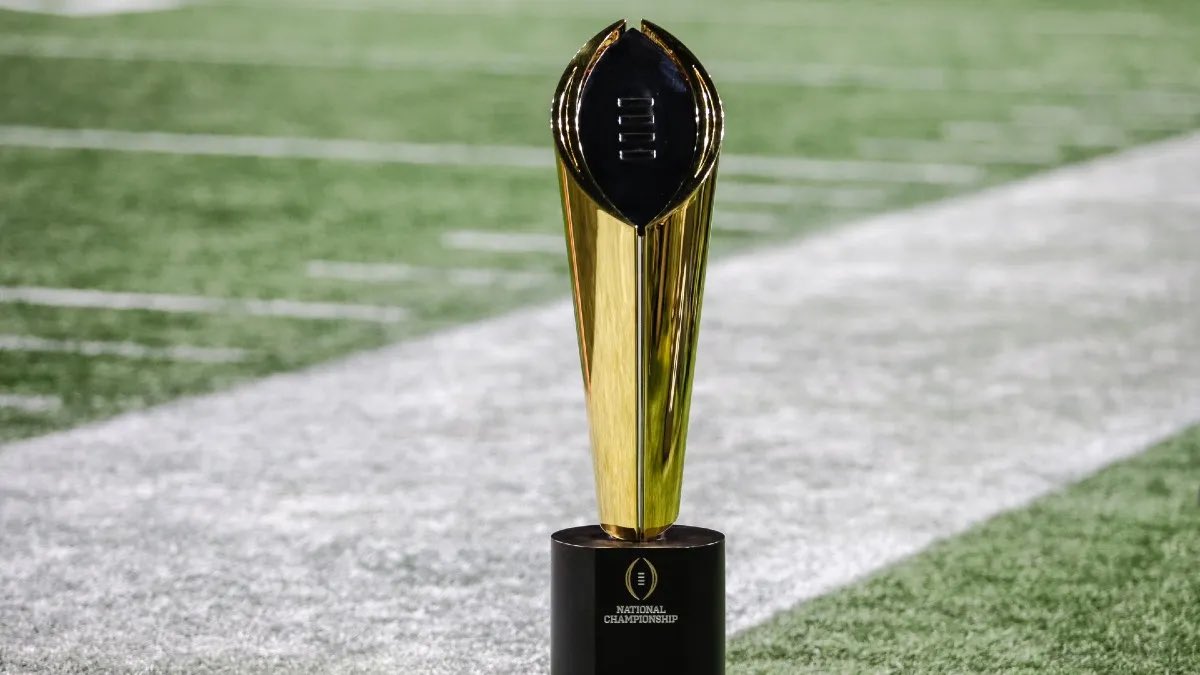

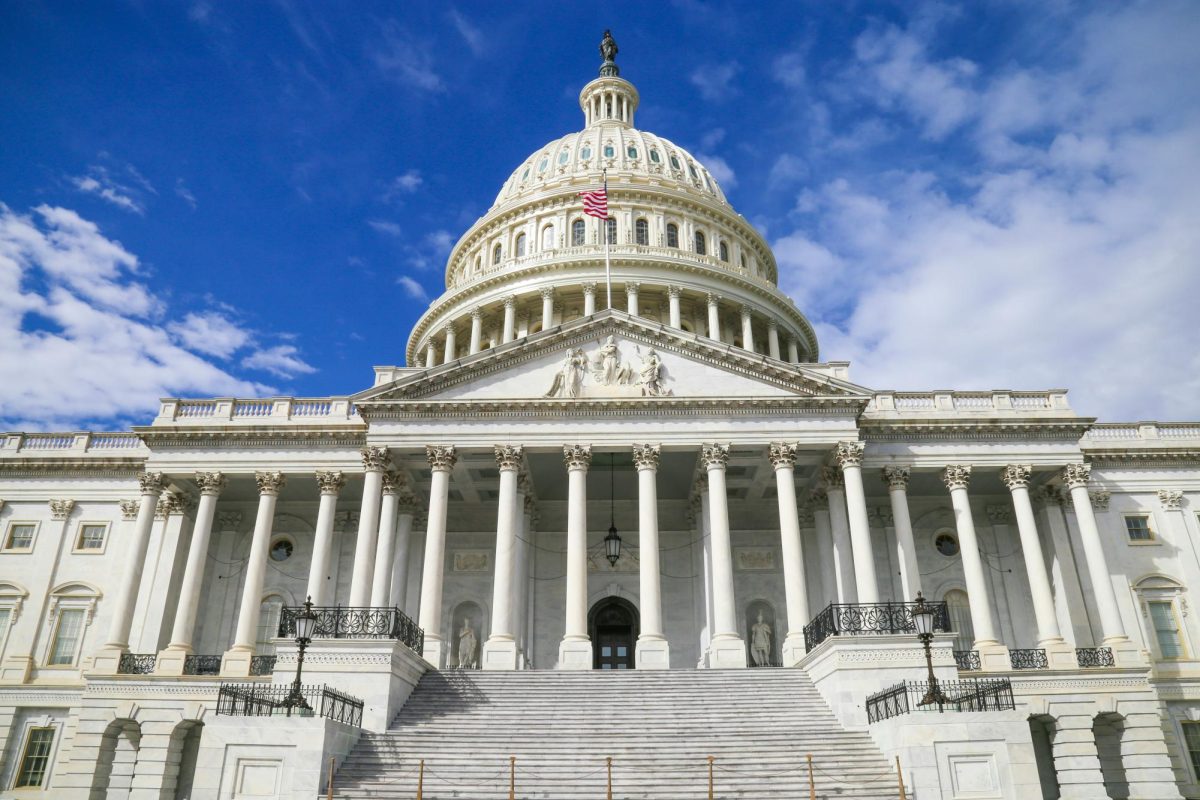

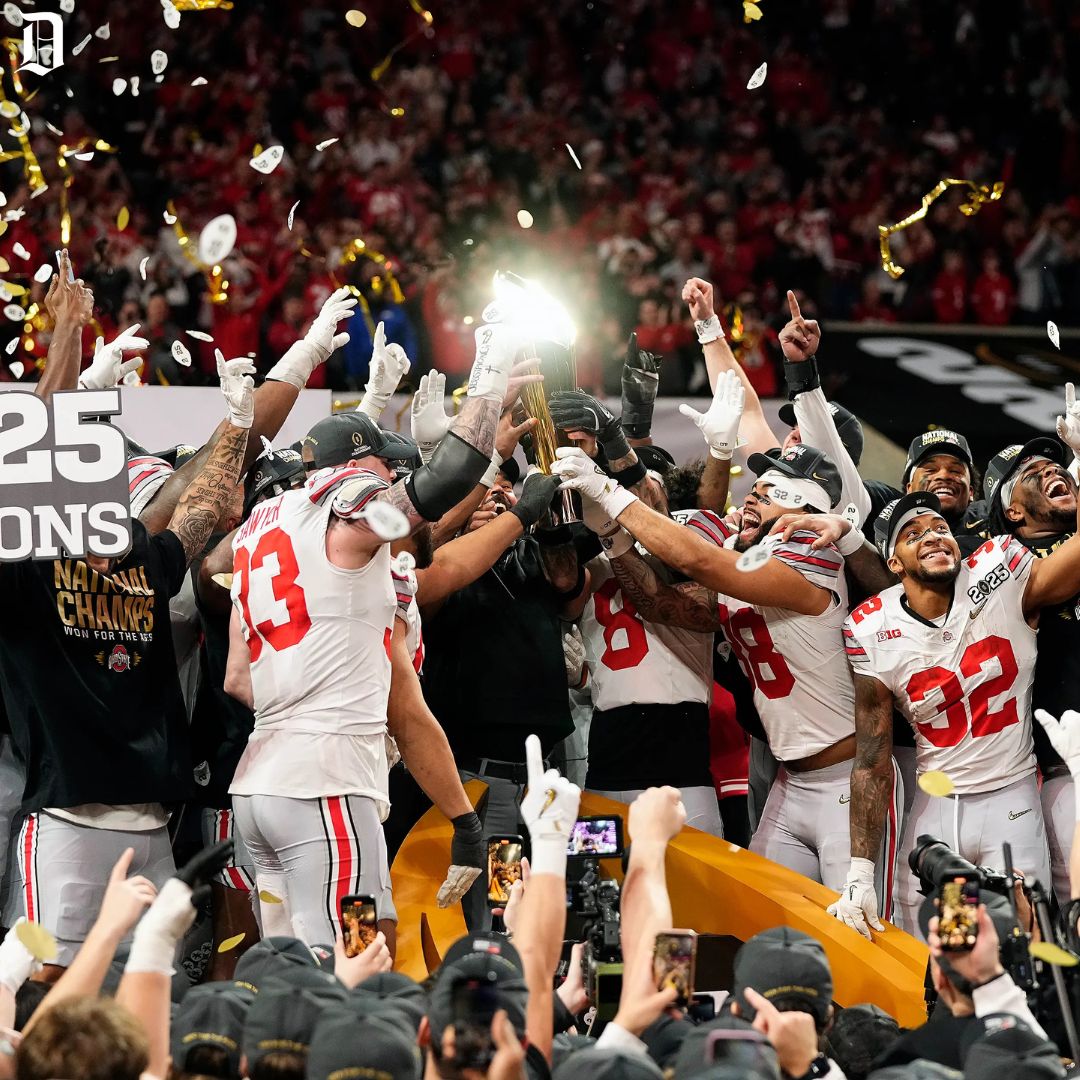



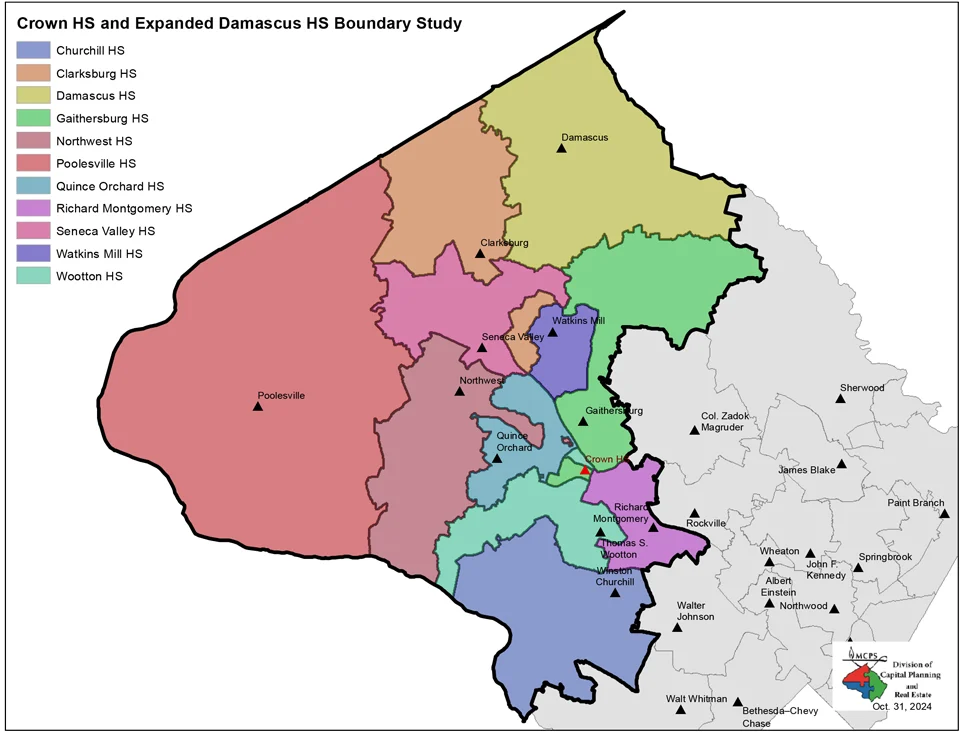


Henry Golden • Oct 22, 2023 at 7:30 pm
There are valid points here. However, there is a fundamental flaw with this argument; athletic merit is not and should not be considered on the same level of prestige as more intellectual pursuits – the arts, for example. We live in a world where one receives more recognition for being physically strong than for understanding culture, human expression, and being intellectual, and this is what people are frustrated with, not the fact that a wide receiver was accepted into Yale. Most certainly, there are students who receive good grades in AP classes and who also contribute more meaningful work to our society than being able to swim very fast or score more three-pointers than other athletes. As to the argument that “refusing to respect what these students have given their lives to would be an absolute failure of the admissions system” – this is true. This applies, unfortunately, to every single vocation that a student may apply themself to. Consider the painter, overlooked because he did not play basketball but instead applied himself to the fine arts. Consider the pianist who has won national competitions – certainly something more difficult than and more prestigious than lacrosse – who is not accepted into Harvard because the arts are not valued nearly as much in our society as physical expertise. There is no real significant intellectual merit in sports. They are designated as entertainment and, while requiring dedication, hard work, and a significant amount of money (another issue with the systems in place) they do not constitute a reason for the systems put in place to allow athletes an easier path into college. In fact, many of the systems inherent in athletics exist solely to benefit those attempting to inflate their chances to get into a college of their choice. Finally, on to the point that “banning athletic recruitment to top schools will not remedy inequalities in the sphere of education” – Ivy League schools seem to think differently. So do a plethora of articles that may be easily accessed through a simple web search. The athlete recruitment process is not “just another tool top schools use to pick the most prepared students from the crowd,” it is a measurement of the level of knowledge a student’s parents have on how they would like to attempt to guarantee their child’s admission into a good school – it is a measurement of where they are from, how wealthy they are, the access to certain resources they have. Academics, while still a flawed system, are nowhere near as biased as the athletic situation. Considering the recent ban by the Supreme Court on Affirmative Action, it is ironic that so little attention is paid to the much more skewed athletics system. No matter how one views this ban on Affirmative action, it is clear that if we are discussing bias in admission we must discuss Athletics – and urgently.
If the author of this article would like, a more in-depth discussion of this topic may be presented than this short overview of the flaws inherent in the arguments of this article. However, the above text I deem a sufficient response to this article.